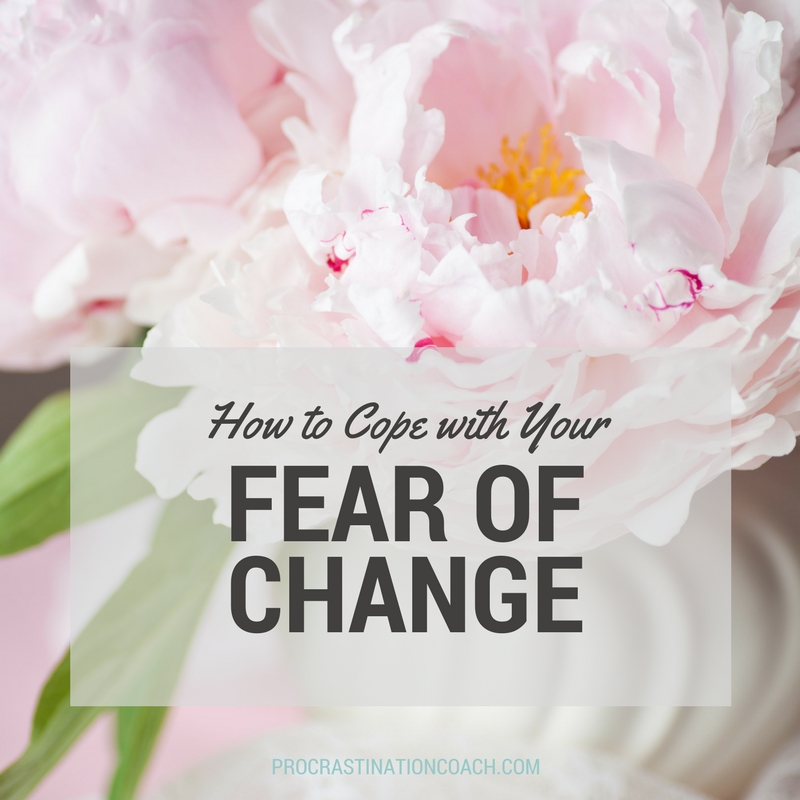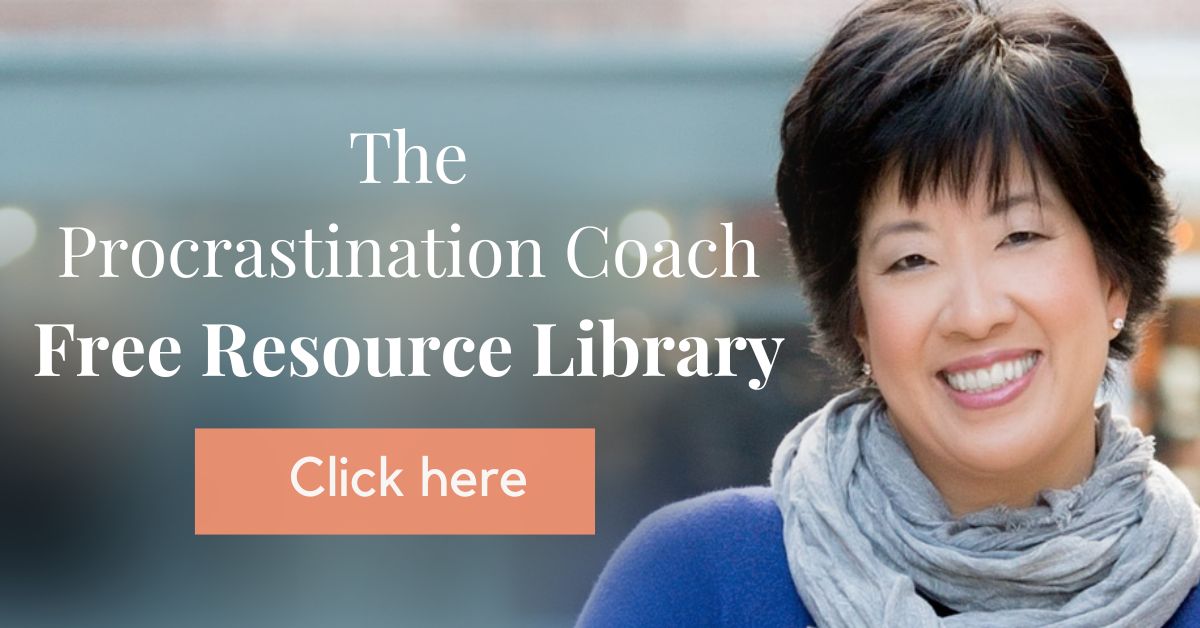 Fear has a way of taking our spirits down.
Fear has a way of taking our spirits down.
When we fear our own actions, we cannot generate enough energy to think, to guess, or to push our thoughts forward.
When we fear others’ judgments, we cannot turn papers in, we cannot decide what might be best to say, we start thinking towards the average thought rather than towards the extraordinary.
When we fear change, we become even more anxious since we know our current situation of being locked in fear is not good for us. We start feeling pressure in our chest, hopelessness in our hearts and minds.
What you need to know about FEAR:
Fear is a transient emotion.
Fear is not an accurate reflection of your reality if you are procrastinating. If you are procrastinating, you are cut off from the present moment and the way things are flowing around you.
Fear tends to take up a lot of your psychological real estate. This is something I learned from a supervisor way back when. When we let fear go unchallenged, fear grows. Fear starts to invade healthy areas of our functioning and brain space. When this goes on for a long time, we become overly aware of our fear and we end up feeling like we don’t have much room or ability to get things done.
Fear breaks our bonds with other people. When we fear things, we inevitably become removed from important people in our lives. We stop trusting that we’re okay or sufficient or fun enough. Then we start to worry that others will reject or punish us for being somewhat less than what we are capable of being.
Fear makes us feel unsure of ourselves. Instead of just taking care of things right away, we listen to our fears and then we decided all sorts of safety plans must be put into place. We must look perfect, get the right gift, say the right thing, arrive looking calm and happy, exude the right vibe. #welcometostresscity
Fear makes us feel unsafe around other people.
Fear makes us super fussy about unimportant and unnecessary things.
Fear makes us forget that we are all the same.
The answer to living entangled in fear is to get support and allow yourself to function as you were meant to — in flow, without excessive fear.
You may believe you no longer know how to live without the framework of fear. I would say, your fear has taught you that. You are the only person who can release yourself from the fear-based state you are in. People may encourage you or inspire you, but only you can make that decision to make your next moment a turning point. Once you have made that turn, you will feel more yourself. You will feel your authority has returned. You will see how open the road is ahead of you.
If you are alone and afraid of changing now, write down some goals you have been thinking about and some people you can connect with. Then take an action in the direction away from your fear so you can feel yourself again.
You may continue to resist change because you have been in the habit of doing so for quite some time. Talk yourself through the resistance. It will be worth the effort. Resistance just keeps you looping back to the same dead-end place anyway. Try something new. Do anything that breaks the chain that burdens you. You will be just fine without your fear, I promise.
If you are looking for a tool to help you make this type of change away from fear, I recommend you download The Jumpstart worksheet. The Jumpstart will help you gain some traction against your Procrastination.
Click here to receive your free JUMPSTART PDF planner sheet to help you get on your way today!
Strategies for Coping with Fear are Everywhere
You’ve got a friend
I was stuck in a rut, not able to get much of anything done, for a month and a half at least, and I finally reached out and asked a friend for help.
After a wonderful breakfast and a long chat and planning session with her, I felt free and light.
And then, I had the most productive day I’ve had all year.
All the things that came out of the conversation ended up on a list, and I attacked that list.
It was as if all of my locked up, can’t-do-anything feelings had vanished, and my pent up energy and frustrated productivity impulses took over. It was like I was in turbo drive.
Sometimes it’s important to remember:
- friends are always good in a time of need
- we will have times of need
- it is not important to be constantly productive
- it is important to be patient with yourself when you cannot be productive
- we are always changing, even when we feel like we are not exactly blooming beautifully
The kicker is that my friend ended up having a really productive day too. When we step outside of ourselves, we end up really seeing ourselves.
Connect to a Facebook Group
A fear-fighting resource we have are the many Facebook Group communities available.
You can join a few, hang out in them for a while, and see which ones are most compelling or useful for you.
See if there are people in the group that you share interests or concerns with and see if you can connect with them.
I invite you to join the Procrastination Coach Facebook Group. It’s a kind, engaged group of people. I’m in there frequently, posting and sharing new material and providing feedback and support to members.
Consult with a professional
Sometimes we can be trapped in misery for way too long.
I had the opportunity to enter therapy during college, but I did not end up starting it. I could have used the support back then, but I didn’t know how I would be helped or changed by the experience.
All things happen for a reason. Just a few years later, I entered therapy as part of my first year of my psychology doctoral training.
That therapy experience was life-changing for me.
What might therapy feel like for you?
Whether it be a dean, advisor, mentor, coach, or therapist, talking with a trained professional will likely help you:
- feel understood
- feel supported
- feel less at loose ends
- feel more clear in your thinking
- feel more clear in your heart
- feel more confident in your actions
- take action on the steps you have been needing and wanting to take for yourself
- process thoughts and feelings that have been difficult for you to process on your own
- open up to other people, not just your therapist
Write it all down
I’m a huge fan of writing things down.
Writing things down helps me to:
- sort out my thoughts
- create more thoughts from those initial thoughts
- see which thoughts I should pay the closest attention to
- take action
- avoid forgetting small and large details
- plan out my schedule and upcoming events or projects
- avoid using my brain as storage space for my To Do list
Writing things down makes things more real. We are less likely to neglect things if we write them down. We are less likely to assume they will go away magically if we write them down.
Use this technique and get back to your handwriting roots — they are your earliest ones, after all. Those roots reach way back to when you didn’t feel stressed out about getting things done.
Create something
- doodle
- dance
- compose
- create a mind map your priorities (try MindNode to do this)
- start a walk with two friends
- brainstorm with people related and not related to your work
- view your situation in a brand new way — expand your view
Get the training and information you need
We can hold back from moving forward because we:
- don’t want to spend the money
- don’t have the time
- feel we can’t fit anything else in our calendar
- feel we the training experience might not be what we are hoping for
But getting information can spark our:
- creativity
- drive
- direction
- purpose
- strategy
- community
And who wouldn’t want that?
Fear tends to keep us from reaching towards our potential. That is exactly why we should be mindful of when we start to hold ourselves back. Use the resources available to you. Find some new ones if you feel like you could use some more. Avoid getting bogged down in feeling guilt, shame, and other energy-blocking emotions. Remind yourself how creative, powerful, and free your mind and spirit truly are.
Embrace the changes you are facing. They will be more interesting and informative than your fear.

